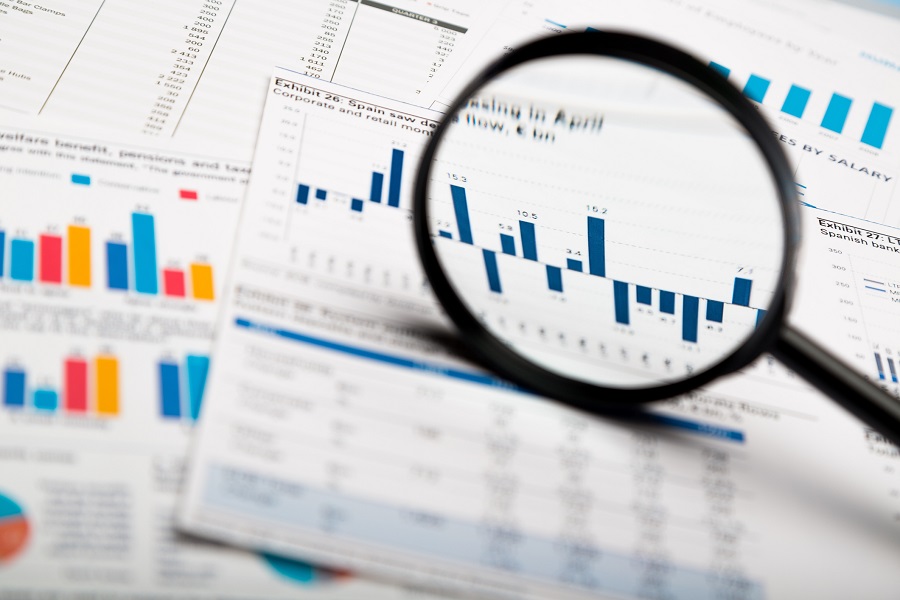
Have you been investing, trading or dabbling in cryptocurrency? If so, get tax advice now because the ATO’s data matching powers just got better!
Following yesterday’s article, Australian FinTech have now obtained further insight about the ATO’s cryptocurrency data matching program from the Hall & Wilcox Cryptocurrency & Blockchain Tax team, led by Joni Pirovich.
Miss Pirovich said that, “Under the ATO’s cryptocurrency data matching program, the ATO will obtain data from cryptocurrency service providers, which will largely be Australian-based exchanges and over-the-counter providers. However, the ATO will likely also have access to information from foreign-based cryptocurrency exchanges and the like, via automatic exchange of information rules such as the Common Reporting Standard, which requires organisations to collect information about the identity of users and to share that information with the relevant tax revenue authority.”
One of the key aims of the ATO’s cryptocurrency data matching program is to identify where taxpayers have not complied with their tax obligations.
Miss Pirovich warns, “Now, more than ever, it is important to get the right tax advice about your cryptocurrency dealings before lodging your FY19 tax return and before you are contacted by the ATO. If you haven’t already appointed a tax agent, it may be worthwhile doing so to get the benefit of the tax agents’ extended lodgment period date (i.e. potentially up to May 2020 rather than 31 October 2019), to be able to seek appropriate advice.
With the data collected, the ATO will likely scour over tax returns to identify non-compliance in FY19 and in prior years. With data matching, information gathering powers and other forensic techniques, the ATO is able to cross-check what is reported in a tax return, with what the data says, to identify taxpayers that are not compliant (either by mistake, recklessness, or because of fraud or dishonesty).
Generally, if taxpayers make a voluntary disclosure to the ATO before an audit, penalties can be significantly reduced or not apply at all. On the flip side, if you haven’t paid the right amount of tax and haven’t made reasonable attempts to comply, penalties could be significant and in the range of 20%-75% of the unpaid tax bill plus interest. The more reckless or dishonest your behaviour, the higher the potential penalties.
Transactions on a blockchain are not anonymous, but pseudonymous. This means that the ATO may be able to identify taxpayers through forensic techniques and by using their information access powers, say with a bank, to identify corresponding value flows that connect a cryptocurrency transaction to you.”
The ATO has said that they will contact people to clarify the information that has been obtained.
Miss Pirovich recommended that taxpayers seek tax advice now, or at least before responding to the ATO.
Hall & Wilcox’s Cryptocurrency & Blockchain Tax team regularly advises on the Australian tax treatment of cryptocurrency dealings by individuals (Australian resident and foreign resident), structuring opportunities for various cryptocurrency dealings, domestic and international exchanges and cryptocurrency investment funds, as well as negotiating private binding rulings requests on behalf of taxpayers. Miss Pirovich most recently provided submissions to Treasury and the OECD, and participated in Treasury’s roundtables, regarding the regulation of ICOs and tokens, and taxation of the digital economy.
In addition, Hall & Wilcox advises a number of domestic and foreign cryptocurrency exchanges and is experienced in advising on the application of privacy laws when government authorities seek to collect data from other agencies and organisations. If you are asked to be a data provider to the ATO and feel that your organisation may be in breach of privacy or other laws or obligations to your customer base, please contact Miss Pirovich.
Joni Pirovich
T +61 3 9603 3615
[email protected]


